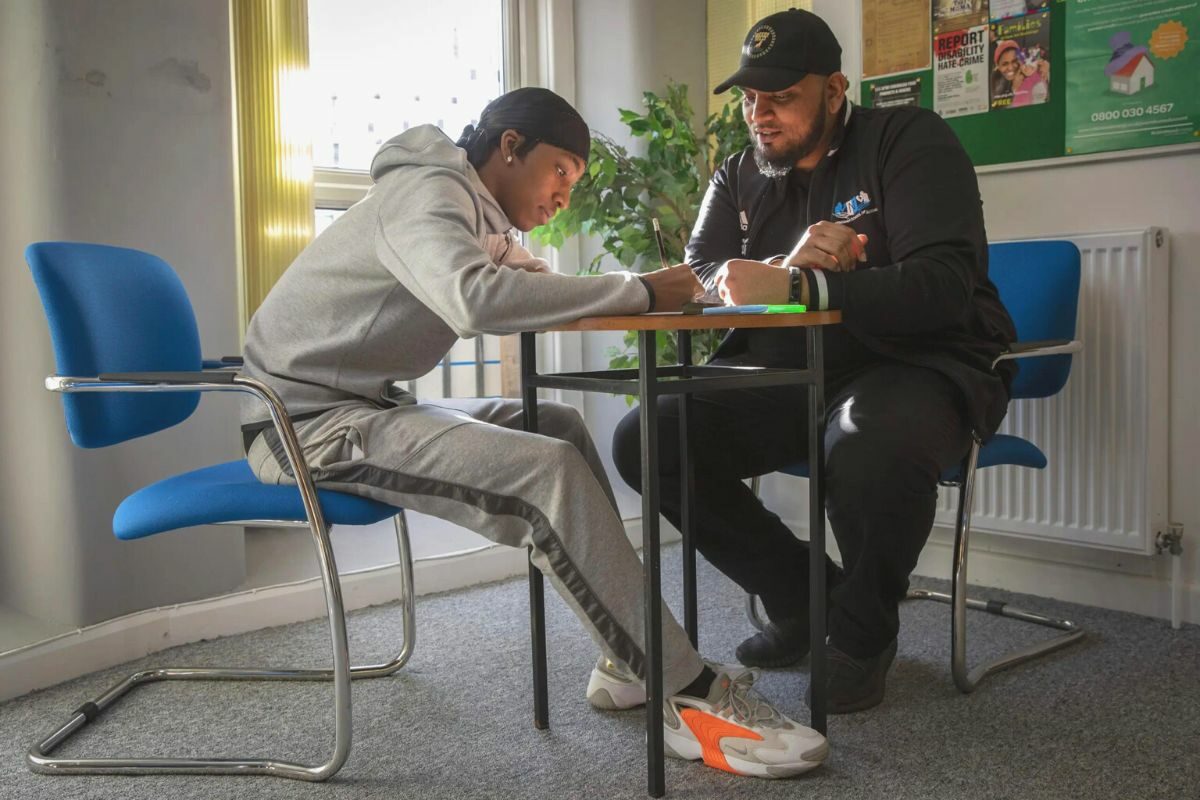Cost of living and mental health pose double threat to young ethnic minority people

The results of a recent survey released by Youth Futures Foundation have revealed thousands of young people from ethnic minority groups are being impacted by ongoing mental health issues while the cost of living crisis is limiting their employment prospects.
- With the cost of living crisis taking hold, two in five (38%) say their mental health has suffered
- A quarter (23%) of young people from ethnic minority groups have struggled to pay for essential goods and services
- Two in five (41%) saying their mental health suffered due to the COVID-19 pandemic
- Almost one in five (17%) say their education grades have suffered
- More than one in ten (13%) have had to take a job with fewer progression opportunities because they need the money
Conducted by Savanta ComRes, the survey reveals that the cost of living crisis is already having significant effects on young people from ethnic minority backgrounds across England. With two in five (41%) saying their mental health suffered due to the COVID-19 pandemic, the cost of living crisis poses yet another threat.
Struggles with mental health, and the pressure of needing to make ends meet, could push young people further away from the labour market. Job market statistics show that overall long-term youth unemployment has risen for the second month in a row, and more than one in ten (13%) ethnic minority young people say they have already had to take a job with fewer progression opportunities because they needed the money.
The negative impacts of the cost of living are more pronounced among non-White groups, particularly those who are Asian, Black, or from multiple ethnic backgrounds. The impact on Black young people has been particularly wide ranging as they are also more likely to have struggled to pay for transport to and from their place of work or education (23%), had relationships with family suffer (17%) taken out loans or credit (16%), struggled to maintain their business or self-employment (15%).
Providing survey results of over 2,700 young people from ethnic minorities, alongside research and data, Youth Futures plans to use the data to understand the issues to help narrow the employment gap and tackle ethnic disparities in youth employment.
Seyi Obakin OBE, Chair of the Youth Futures Foundation board, comments:
“Young people are yet to recover from being hit harder by the pandemic and now they must deal with a cost of living crisis of a magnitude most of us have never experienced. Yet, they are also facing difficult employment prospects, particularly those from ethnic minority and marginalised backgrounds. As the country tackles the issues we are currently facing, we must ensure that young people, especially the most vulnerable, are not left behind. That’s why further funding from dormant assets, the main source of Youth Futures funding, should go to youth employment.
The government is consulting on the future use of dormant assets in England which could release more than £738m in additional funds. Further funding for Youth Futures would enable us to firstly, curate and promulgate what we have already learnt about what works and what doesn’t, and secondly, to keep building our evidence base. We would target funding at place-based initiatives, work with employers, focus on prevention and continue to scale up effective practice. This is crucial to systematically and sustainably support more marginalised young people into good jobs ”
Paul Hamnett, Group Head of Operations at Nottingham-based charity and Youth Futures grantholder, Switch Up, commented:
“We see on a daily basis that young people are struggling to cope with the pressures of coming out of a pandemic and into a cost of living crisis. The demand for support is increasing and we have waiting lists of young people who cannot access many different services. Young people can struggle to navigate this difficult time of their lives and things are only getting more complicated as they seek out the right path. We fear that more young people will end up within the criminal justice system, mental health will decline sharper and young people become even more disengaged.”
Zee, a young participant on Switch Up’s employability programme, said:
“I am struggling to find the balance between having a social life and working. I am working so much so that I can pay for various things I need to survive. This means I can’t socialise and see my friends as much as I’d like. I’d like to make the most of things whilst I am young but now I have so many more working commitments to be able to get through.”











Responses